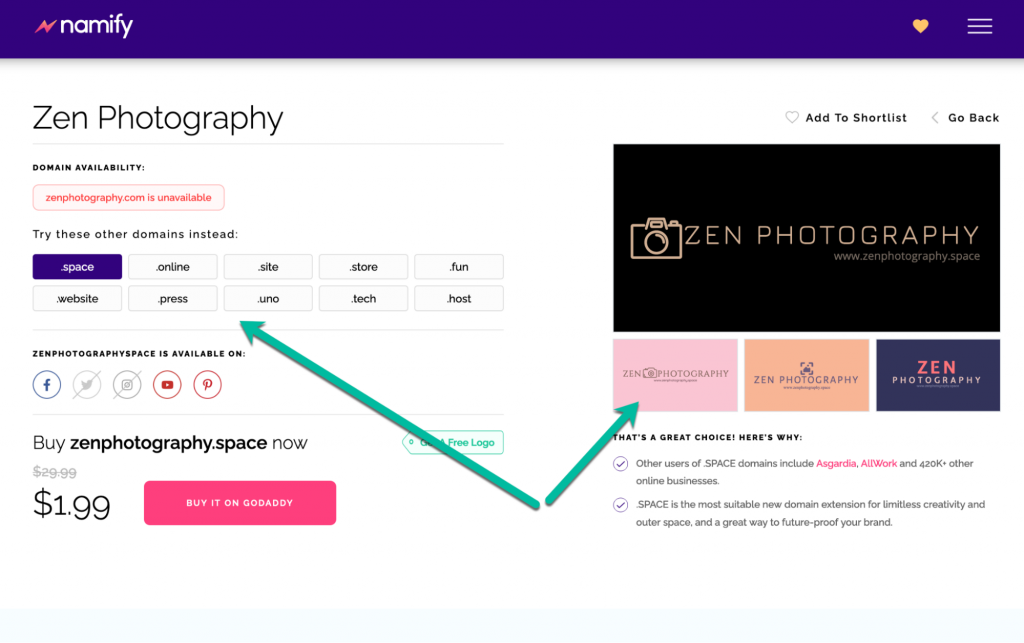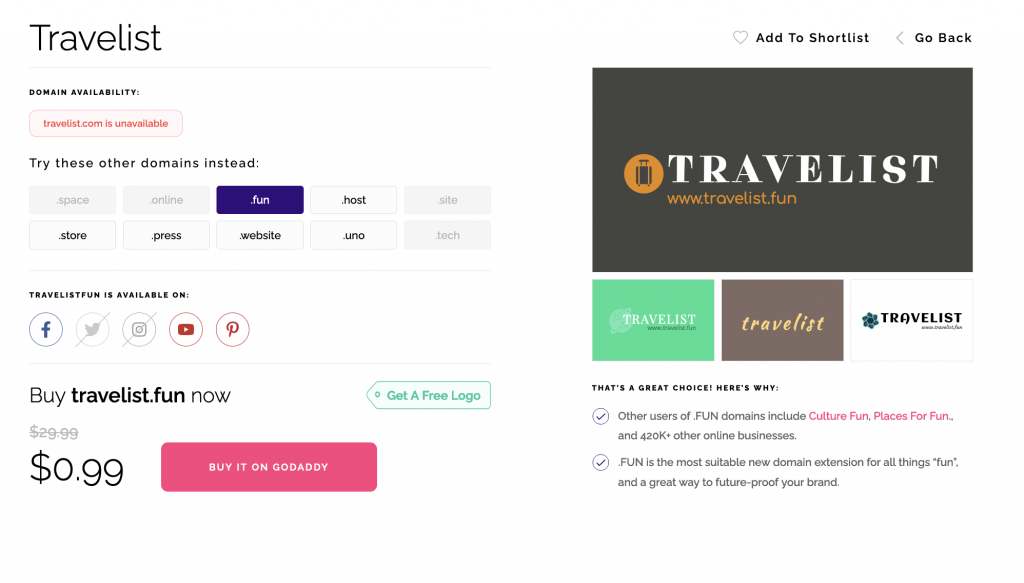Starting a new business is both exciting and daunting at the same time. Any budding entrepreneur will likely be full of energy at the beginning and at the same time, scared of any possible pitfalls.
It is an emotional time and the wave of energy and determination must be directed towards productivity.
The first 100 days of your new business, commencing on the day you commit yourself to turn that wonderful idea of yours to a reality, need to be spent wisely on tasks that would eventually be your basis of reference for the next months and years to come.
It is therefore necessary and vital that you do the steps correctly and timely to give yourself a head start and get the ball and momentum rolling.
Here are some guidelines on what to do once you have commitment to bring that bright idea of yours into a money making venture.
Create a Business Plan
You may think yourself as a genius but it is still important to write the things down associated with your business idea and formulate a plan . Tackle the basics first, figure out your core business, your competitive advantage, narrow your target market, sort out a general marketing plan, work on the finances.
Seek a second opinion from a trusted friend or a business mentor once you’ve made a plan and be open to their insights. In the course of writing down your thoughts, you’ll discover the philosophy you want to adopt when doing your business. Perhaps you can write that down into a mission vision statement.
A good plan may just be the key to your success so check and review your plan very well, take your time. It is better not to rush this part as the opposite may cause you trouble in the long run. Use this time to think about the organizational chart as well.
And once your business has started, it is wise to refer to the original plan once in a while to assure you are on the right track. And should you need to revise some items due to different market conditions and other factors.
Select a Good Company Name
At this modern times, not only should you make your business name unique and catchy. You also need to consider a matching domain name and whether it is still available.
Likewise, the email addresses to use which normally bears the business name too. All these online labeling should not be too long or complicated.
And since most businesses nowadays need an online presence in order to thrive, you need to submit your name to Google to index your website. Then there are business cards, brochures and invoices which may require a logo.
That is why the right company name must me chosen as a lot relies on it. You can refer to your business plan for inspiration.
Register Your Business
To formally mark the first step of probably the most important project in your life, register your business at to the proper government department.
Gather all the requirements to guarantee that your work is legit and is open for business. Once registered, you are able to casually market your business to friends and family.
And hopefully they will spread the word that will reach potential customers who may just give you a call soon and just in time when you are all settled down and ready.
If you are into local business, make sure to verify your business with Google Local, Bing Local as well as most important local directories like Yelp and DirJournal. This will ensure your business will be visible to your customers on maps as well as drive traffic to your site.
You don’t have to go local, of course. Thanks to the Internet and Cloud PBX, any business can go global.
Determine the Type of Business
With a business plan at hand, you can determine what type of business will work best. You can opt for a sole trading or a partnership depending on the situation you are in. Picking the right structure will impact the way you do business.
So read up on the difference, advantages and disadvantages of each. Know what are the legal repercussions and what extra work or insurance you may need to take as a result of your choice.
When in doubt, consult a business adviser or ask a local government department for further information. You cannot afford to miss out any important details.
Set up the Foundation
What’s your initial investment is going to be?
Common startup costs include:
- Incorporation fees: Under $300
- Marketing: 0% to 10% of total budget
- Website: About $40 per month
- Insurance: An average of $1,200 per year
- Taxes: Variable, but 21% corporate tax rate
You may be able to save here and there. For example, you can save money by hiring a digital marketing company that’s located outside of the United States.
Keep the Faith
Have faith in the process and do not give up should you encounter any pitfalls. Learn from your mistakes and do it all over again.
Customers will not be lining up right away unless you are giving out scrumptious hotcakes. It will take time and a lot of effort on your part to finally make your mark on your niche and for people to take notice of you.
Keep a positive outlook and always observe quality of your service to keep the customers satisfied and coming back for more.
 I was thinking the other day about lead lists. Do you remember those? They were lists compiled by marketing or sales agencies, occasionally by individuals, then sold.
I was thinking the other day about lead lists. Do you remember those? They were lists compiled by marketing or sales agencies, occasionally by individuals, then sold.

 You have probably read every online article and magazine tip rundown on getting an employers attention that has been written in the last several years. I know that I have.
You have probably read every online article and magazine tip rundown on getting an employers attention that has been written in the last several years. I know that I have.


